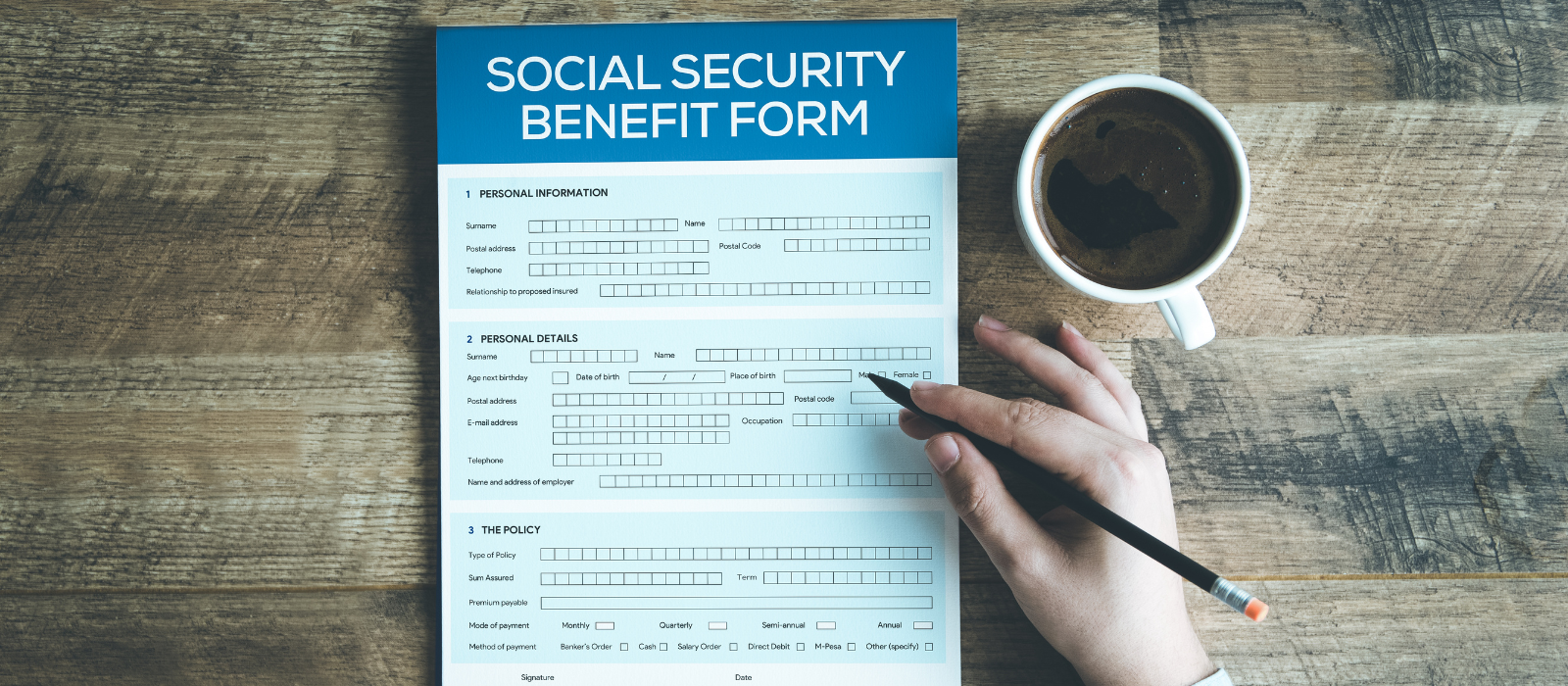School’s Out – Who Is Going to Take Care of the Kids?
Summer has just arrived, and there is a tax break that working parents should know about.
Many working parents must arrange for the care of their children under 13 years of age (or any age if disabled) during the school vacation period. A popular solution — with a tax benefit — is a day camp program. The cost of day camp can count as an expense toward the child and dependent care credit. But be careful; expenses for overnight camps do not qualify. Also, expenses paid for summer school and tutoring programs are ineligible.
Expense Qualifications
For an expense to qualify for the credit, it must be an “employment-related” expense; i.e., it must enable you and your spouse, if married, to work, and it must be for the care of your child, stepchild, foster child, brother, sister or stepsibling (or a descendant of any of these) who is under 13, lives in your home for more than half the year and does not provide more than half of his or her own support for the year. Married couples must file jointly, and both spouses must work (or one spouse must be a full-time student or disabled) to claim the credit.
The qualifying expenses are limited to the income you or your spouse, if married, earn from work, using the figure for whoever earns less. However, under certain conditions, when one spouse has no actual earned income and that spouse is a full-time student or disabled, that spouse is considered to have a monthly income of $250 (if the couple has one qualifying child) or $500 (two or more qualifying children). This means the income limitation is essentially removed for a spouse who is a student or disabled.
For 2021 only, the total expenses that you may use to calculate the credit may not be more than $8,000 (for one qualifying individual) or $16,000 (for two or more qualifying individuals). This limit does not need to be divided equally.
The credit reduces a taxpayer’s tax bill dollar for dollar. However, the credit can only offset income tax and alternative minimum tax liability, and any excess is not refundable. The credit cannot be used to reduce self-employment tax or the taxes imposed by the Affordable Care Act.
If the qualifying child turned 13 during the year, the care expenses paid for the child for the part of the year he or she was under age 13 will qualify.
If you have questions about how the childcare credit applies to your particular tax situation, please give us a call.




